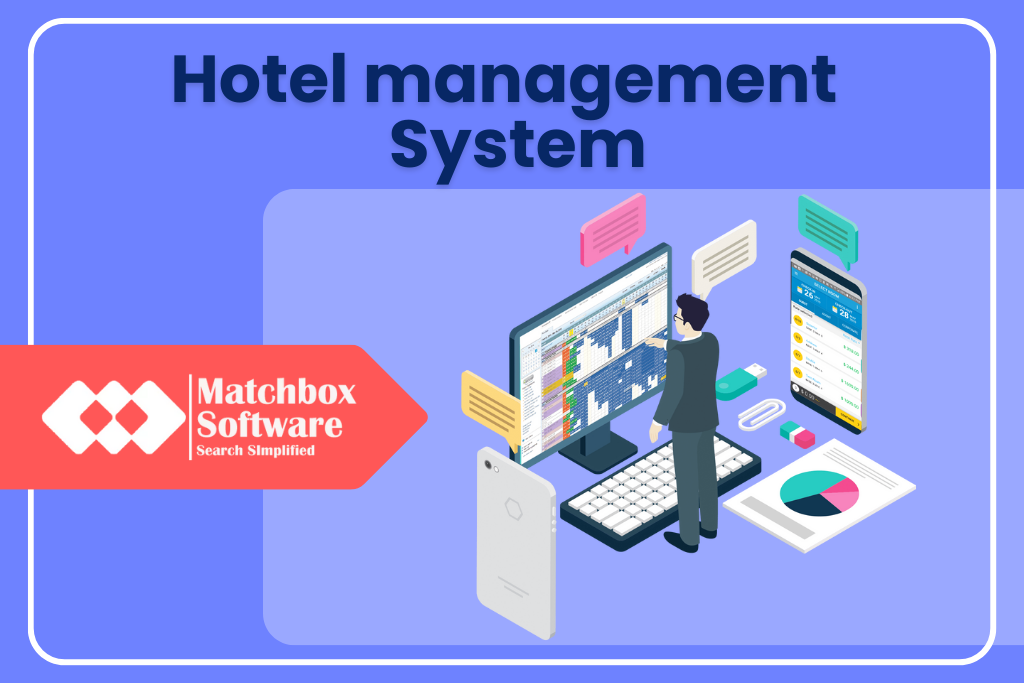How to Use a Hotel Management System to Increase Your Revenue

Hotel management systems (HMS) have become indispensable tools for businesses of all sizes in the cutthroat hospitality sector of today. You can handle everything with the aid of these systems, including housekeeping, guest relations, reservations, and check-in/check-out procedures. However, did you know that you could use your HMS to boost sales as well?
Here are some strategies for increasing your profits with your Hotel management systems (HMS):
-
Implement dynamic pricing
Demand pricing, another name for dynamic pricing, is a tactic that lets you modify your hotel rates in response to actual demand. This implies that you can charge a higher rate for rooms during busy times and a lower rate during slow times. You can set prices that are both profitable and competitive by using your HMS to help you gather and analyse data on demand patterns.
-
Offer targeted promotions
You can create and send customised promotions to particular guest groups with the assistance of your HMS. For instance, you may send a promotion to customers who have made multiple reservations at your hotel or to customers who have made reservations but haven’t yet checked in. You can improve your chances of turning leads into reservations by customising your promotions.
-
Use upselling and cross-selling techniques
You can use upselling and cross-selling as two powerful sales strategies to boost your earnings. Upselling is the practise of persuading visitors to enhance their accommodations or purchase extra services like parking or breakfast. Cross-selling is the practise of persuading customers to buy extra goods or services, like merchandise or spa treatments. You can optimise your revenue from guests by identifying upselling and cross-selling opportunities with the aid of your HMS.
-
Track guest preferences
The preferences of your guests, including preferred room type, amenities, and dining options, can be stored by your HMS. By using this information, you can make their stay more memorable and entice them to come back in the future.
-
Effectively manage your inventory
You can keep track of and manage your room, amenity, and supply inventory with the aid of your HMS. By doing this, you can make sure that you don’t overbook and that you have enough supplies to satisfy demand from visitors.
-
Improve guest satisfaction
You can raise your guests’ satisfaction levels by utilising your HMS to give them a smooth, customised experience. Positive evaluations, increased repeat business, and an improved Net Promoter Score (NPS) may result from this.
-
Get insights from data
A multitude of data that your HMS can produce will help you grow your company. Data can be used, for instance, to spot patterns in visitor behaviour, monitor revenue growth, and decide wisely on hiring, charging, and marketing.
-
Use mobile technology
You should be able to manage your business from anywhere with mobile access to your HMS. Employees that are constantly on the go, like housekeepers and maintenance personnel, may find this to be of particular use.
-
Integrate with other systems
Systems that you use, like your point-of-sale (POS) systems & customer relationship management (CRM), can be integrated with your Hotel Management System. You can increase productivity and streamline your processes by doing this.
-
Use a cloud-based HMS
A cloud-based HMS has a number of benefits, including security, affordability, and scalability. If you are thinking about implementing an HMS, make sure to look into cloud-based solutions.
Conclusion
Hotel management systems are effective tools that you can use to boost revenue, streamline operations, and improve visitor satisfaction. You can set your company up for success by making good use of your HMS.
Additional tips:
- Choose a trustworthy HMS supplier that provides a system customised to meet your company’s needs.
- Ensure that you provide the necessary HMS training to your employees.
- Create reports with the HMS to monitor your development and pinpoint areas in need of improvement.
- Follow the most recent developments in HMS technology.
You may maximise the benefits of your hotel management system and boost revenue by paying attention to these points. I hope you found this blog to be useful.

